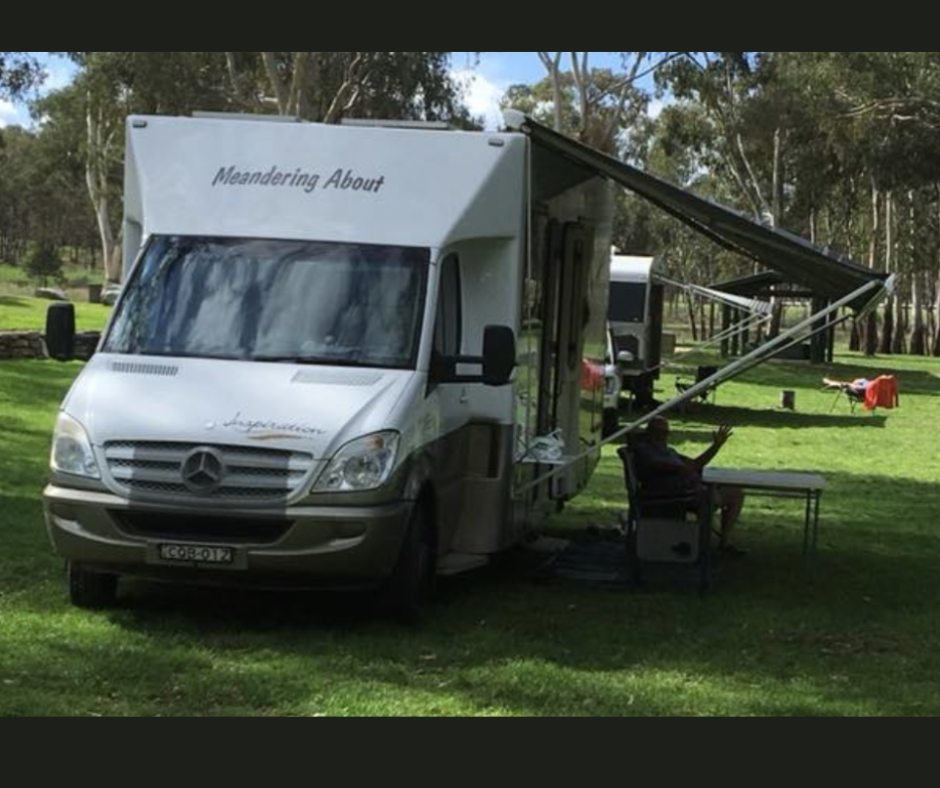I am often asked how I invest. While I understand the premise of this question, it dismisses the fact everyone is in a different situation.
I am in my early 50s (just!!) but thanks to having a young family, I am happy to keep working until after I am 60. Therefore, it makes sense for me to invest through super due to the tax benefits. In addition, I am focused on growing my business.
Most people we work with are professionals earning a good income and are between the ages of 40 and 55. Many of them have read books or listened to podcasts that promote the benefits of one particular asset class: residential property, commercial property, Exchange-Traded Funds, or even whiskey.
Many people come to us with a preconceived notion that property is the only way to build wealth. They praise the benefits of negative gearing and delaying capital gains; they point to high immigration, property prices being at an all-time high, or rents going through the roof.
Now, property has its place, and particular people should invest in property, but it is not the only game in town.
Here is why I personally don’t invest in property anymore.
Holding costs
Most investment properties run at a loss each year, with the payoff being a future capital gain.
When calculating their total returns, people often forget to include how much it has cost them to hold a property.

I was reading something recently where a property advocate said, “It’s a no-brainer. You borrow 105% to buy a $1 million property, and in ten years with annual growth of 5%, you will have a property worth $1.6 million—a $600,000 gain from nothing.”
Let’s unpack this. The assumptions are gross rent of $750 per week, a principal and interest loan with an interest rate of 6.5%, and the investor’s marginal tax rate being 37%.
After the first year, the investor would receive a $27,000 tax refund (assuming they can claim some depreciation) but would still be out of pocket by $50,000. This could be reduced to only $32,000 out of pocket if they move to interest-only repayments.
In ten years, they would have increased their net worth by $900,000. However, they would have had to spend about $50,000 each year to do it.
Opportunity cost
Investing, like most things in life, is a choice.
Personally, I prefer to use the $50,000 in other ways. Specifically, putting it back into my business and investing it through super.
By putting the $50,000 a year into super, based on an 8% return, after 10 years, it will be worth more than $700,000.
There are two big benefits to investing this way.
Firstly, because I will be over 60 in 10 years, I can arrange it so there are no capital gains. Conversely, if I had invested in property, the capital gain would have been around $400,000. Even if I sold it in a year that I had no other taxable income, I would have had to pay around $150,000 in tax.
Secondly, by not having to find $50,000 a year to hold the investment property, I have more flexibility. There is no bigger cause of worry, than knowing you must find $1,000 a week to continue holding an investment.
Property can be a great investment, but right now, its not for me. In the next article, I will outline who should invest in property.
If you are wanting help to point you in the right direction, book a chat via the button below or contact us on 02 6269 3339 or at team@constructwealth.com.au.
About the Author
Phil Harvey is an independent financial adviser. In 2017 Phil set up his company Construct Wealth to help clients best manage their finances so they focus on what is important to them. He is a founding member of the Profession of Independent Financial Advisers and a tax financial adviser.
General Advice Warning
This advice contains general information. It may not be suitable to you because it does not consider your personal circumstances. Phil Harvey and Construct Wealth are authorised representatives of Independent Financial Advisers Australia (AFSL 464629)
See related articles
The most important thing about investing is to start
Most people want to be financially secure, but they also want the ability to keep doing the things that are most important to them. To be financially [...]
Investing in a volatile market
Continuing to invest when it looks like the market is falling is not easy. Mostly because our inner voice tells us not to buy something when there [...]
Are you doing everything needed to create financial independence?
One of the first things we do with clients is get a picture of where they are. There are 10 key areas we believe are critical to [...]



